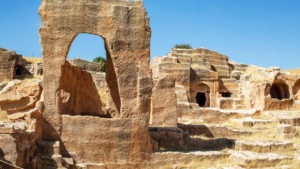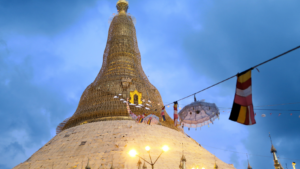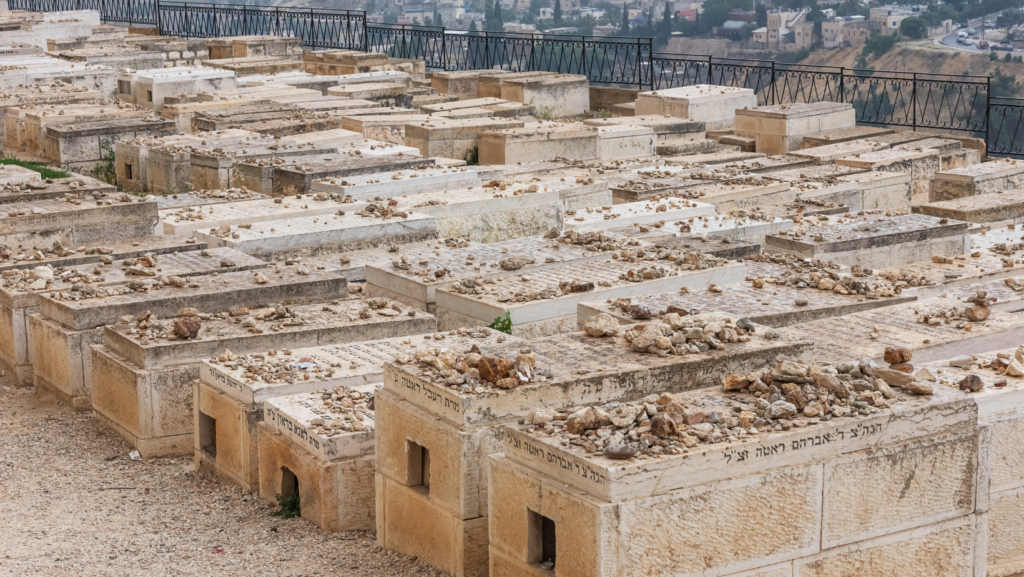History is a fascinating tapestry, woven with events that have shaped our world and defined generations. From the discovery of fire to the technological revolutions of the 21st century, each event has left an indelible mark on humanity’s collective story.
In this journey through time, we’ll highlight the most important events in history. These are the moments that altered the course of civilizations, sparked revolutions, and ignited the human spirit. They’ve not only shaped our past, but continue to influence our present and future. So, buckle up for an exciting exploration of history’s monumental milestones.
Most Important Events in History

Delving deeper into the most important events in history, this section highlights critical events that shaped ancient civilizations. It examines landmark occurrences, such as the rise and fall of great empires, and the advent of major philosophical and religious movements.
The Rise and Fall of Great Empires
Great empires played pivotal roles in shaping ancient history, leaving enduring footprints that still influence our world today. They demonstrated feats of outstanding governance, military prowess, and innovative architecture.
For example, the Egyptian Empire (3100 BC- 332 BC) gave rise to significant advancements in architecture, symbolized by the awe-inspiring pyramids. However, internal conflicts and invasions led to its downfall.
Major Philosophical and Religious Movements
The birth of major philosophical and religious movements also greatly influenced ancient history. These movements defined societies, set their ethical standards, influenced their outlook on life and death, and often governed political decision-making.
For instance, Buddhism emerged in 6th century BC India. Its teachings about suffering, desire, and the path to enlightenment influenced Asia profoundly, reaching places like China, Japan, and Southeast Asia.
Landmark Events in Middle Ages

Focusing on the Middle Ages, this phase of history offers a bounty of noteworthy happenings. From conflicts like the Crusades to significant inventions and discoveries, it’s a period ripe with transformative developments.
The Crusades and Their Impact
The Crusades, spanning the period between 1096 and 1291, hold a prime position in the annals of history. Frontlined by European Christians, the Crusades aimed to reclaim Jerusalem, considered sacred, from its Muslim control. Marked by bloodshed and fanatic religious fervor, these battles left a trail of wide-ranging consequences.
Key Inventions and Discoveries
Shifting the spotlight to innovation, the Middle Ages hosted a flux of key inventions and discoveries. The Heavy Plow, cherished as a revolutionary tool, transformed the realms of farming and food production. Its ability to cut deeper furrows allowed cultivation of fertile but heavy soils in regions such as Northern Europe, leading to significant agricultural upsurge and population growth.
Pivotal Events in Modern History

Modern history, marked by a flurry of the most important events in history and transformations, has shaped society into its current form. The evolution spans from the onset of the Industrial Revolution right up to the grave battles of the World Wars, reserving distinct notches in the timeline of civilization.
Emerging in the late 18th century, the Industrial Revolution marked a critical transition. Factories, steam power, and machines replaced traditional hand production methods, charting a new course for humanity. The United Kingdom initially experienced this transformative shift, with innovations rapidly disseminating across Europe and later the world.
World Wars and Their Global Ramifications
Two major World Wars in the 20th century considerably recast the global framework. Asserting devastating impacts, these wars underscored the magnitude of international conflict and its profound ramifications on economies, politics, and cultures worldwide.
World War I, commencing in 1914, brought together the world’s powerful nations in a massive conflict. The assassination of Archduke Franz Ferdinand of Austria, traced as the war’s primary catalyst, plunged the world into a tumult of alliances and combats leading to millions of fatalities. The Treaty of Versailles, signed in 1919 to terminate World War I, imposed stringent sanctions on Germany, sowing the seeds for another global confrontation: World War II.

